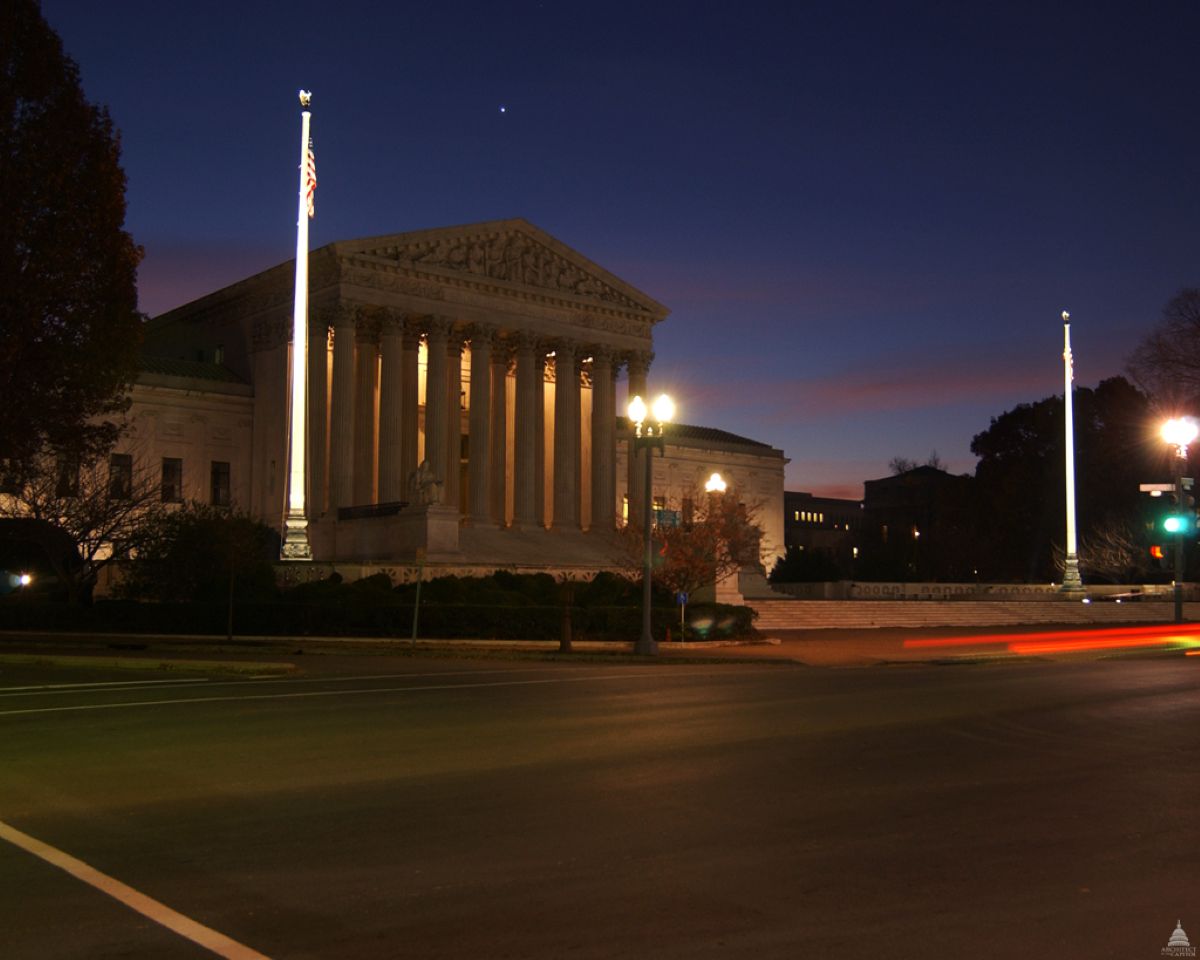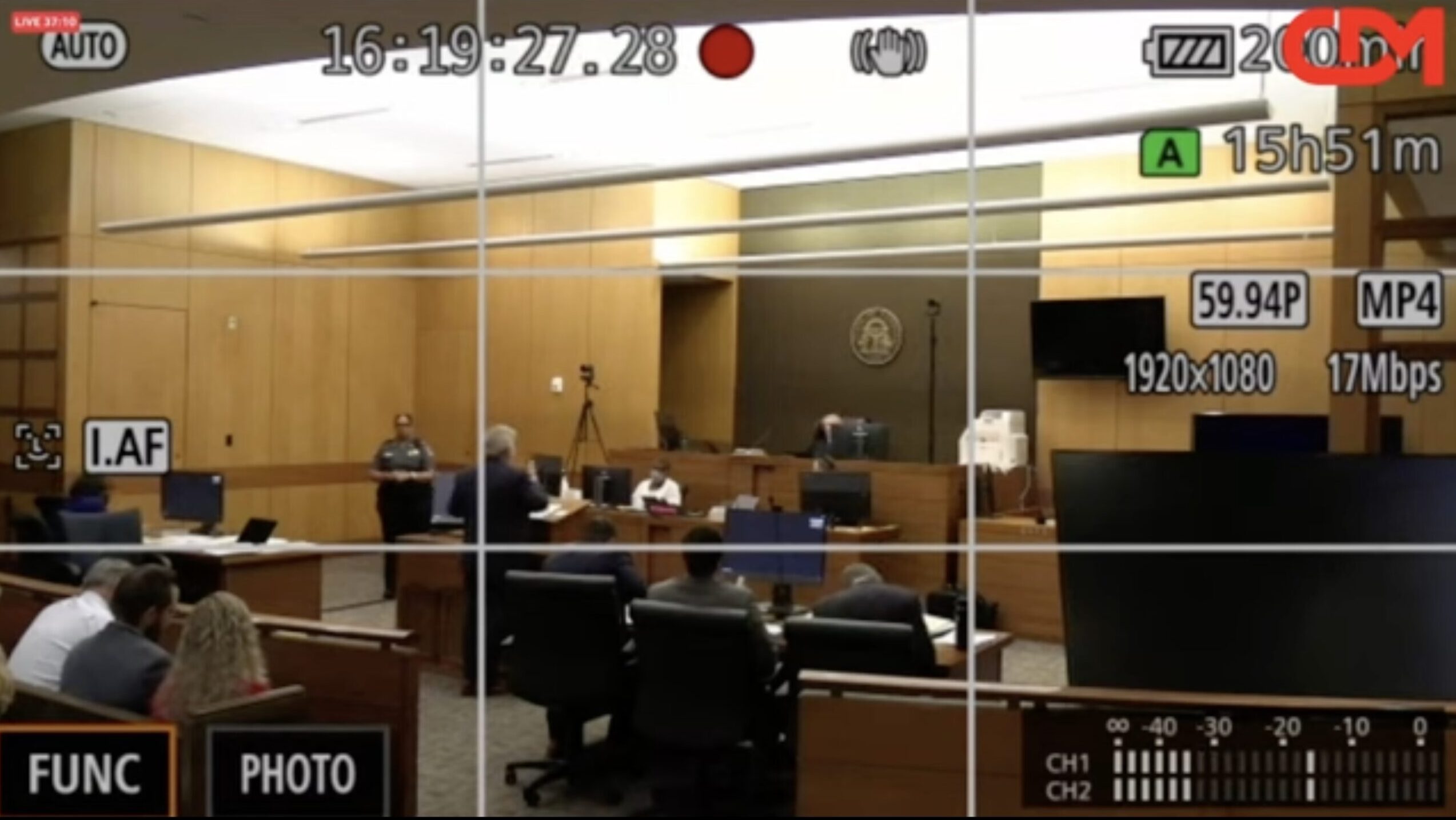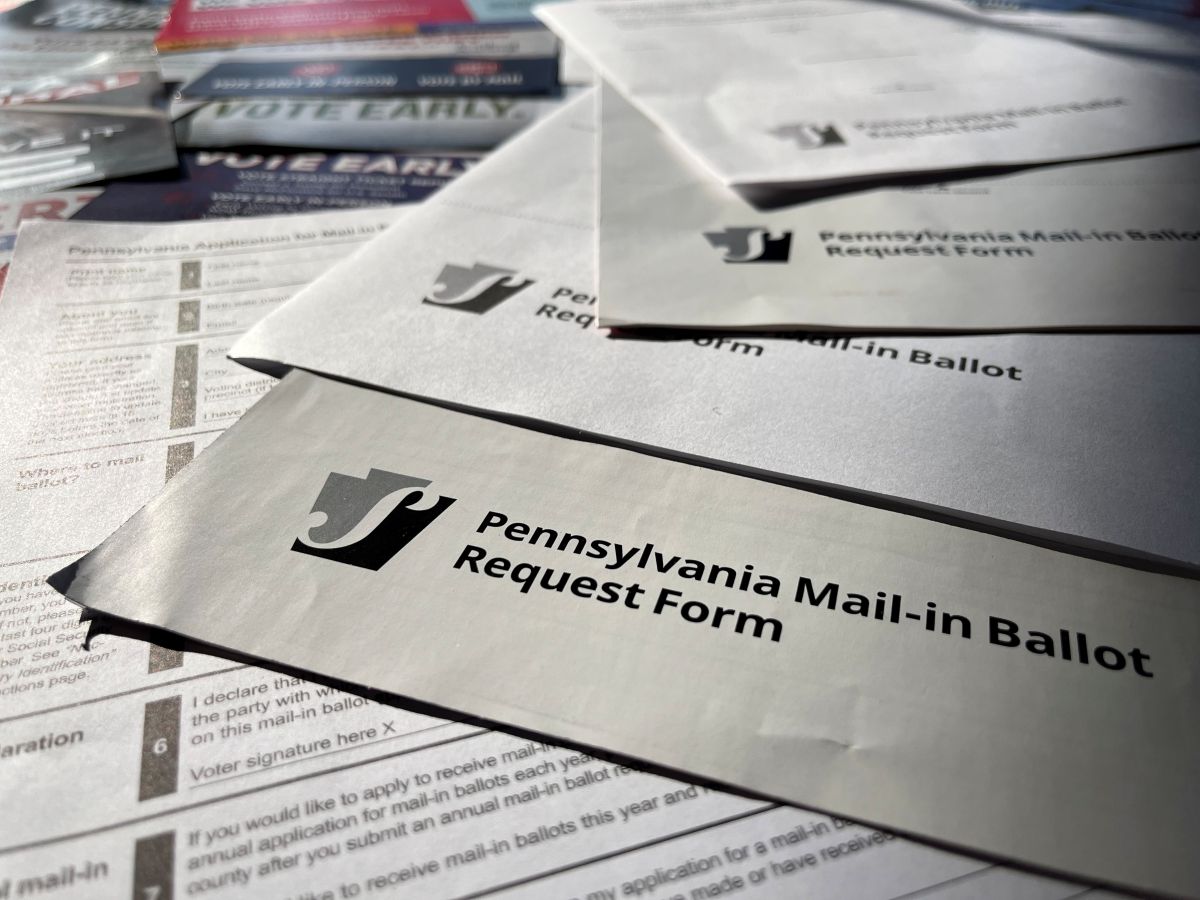In a significant legal move, Louisiana has petitioned the U.S. Supreme Court to rule that considering race in the redistricting process is unconstitutional. The case, Louisiana v. Callais, centers on the state’s recent congressional map, which includes a second majority-minority district.
Louisiana Attorney General Liz Murrill stated, “Our Constitution prohibits the sorting of Americans into voting districts based on their skin color — and Louisiana wants no part of that abhorrent system.” This statement reflects the state’s position that race-based redistricting undermines the principle of equality.
The Supreme Court’s involvement follows an Aug. 1 order requiring the parties to address whether Louisiana’s creation of a second majority-minority district violates the Fourteenth or Fifteenth Amendments. The case arose after Louisiana’s initial congressional map, which featured only one black-majority district, was rejected by lower courts for allegedly diluting the voting power of black residents.
In response, the state drew a new map that included a second black-majority district. However, this new map also faced legal challenges, leading to a lower court ruling that declared its creation unconstitutional under the 14th Amendment’s equal protection clause. The Supreme Court intervened, pausing this ruling and agreeing to hear the case in November 2024.
In its recent brief, Louisiana contended that the intentional creation of a second majority-minority district violates constitutional principles. The state cited the Supreme Court’s earlier ruling in Shaw v. Reno, which criticized racial classifications in redistricting as detrimental to a free society. Louisiana’s brief argued, “Racial classifications are by their very nature odious to a free people whose institutions are founded upon the doctrine of equality.”
Critics of race-based redistricting, including legal scholars, have pointed to issues with how courts interpret Section 2 of the Voting Rights Act. Hans von Spakovsky of The Heritage Foundation noted that judges often struggle with the ambiguous standards surrounding claims of vote dilution. He emphasized that many judges find it challenging to navigate the relationship between race and political advantage in district drawing.
Louisiana’s brief further asserted that the requirement to create majority-minority districts based on race is unconstitutional. It argued that the equal protection clause of the 14th Amendment prohibits the government from using race as a stereotype. The state contended, “Yet race-based redistricting rests on an invidious stereotype: that all minorities, by virtue of their membership in their racial class, think alike and share the same interests and voting preferences.”
The Supreme Court is set to hear oral arguments in Louisiana v. Callais on Oct. 15. The outcome of this case could have significant implications for how states approach redistricting in the future, particularly regarding the role of race in the process.
As the legal landscape surrounding redistricting continues to evolve, the Supreme Court’s decision may reshape the standards by which states draw their congressional maps, impacting representation across the nation.
READ The Left Doesn't Care About Gun Violence -- Only Exploiting It



